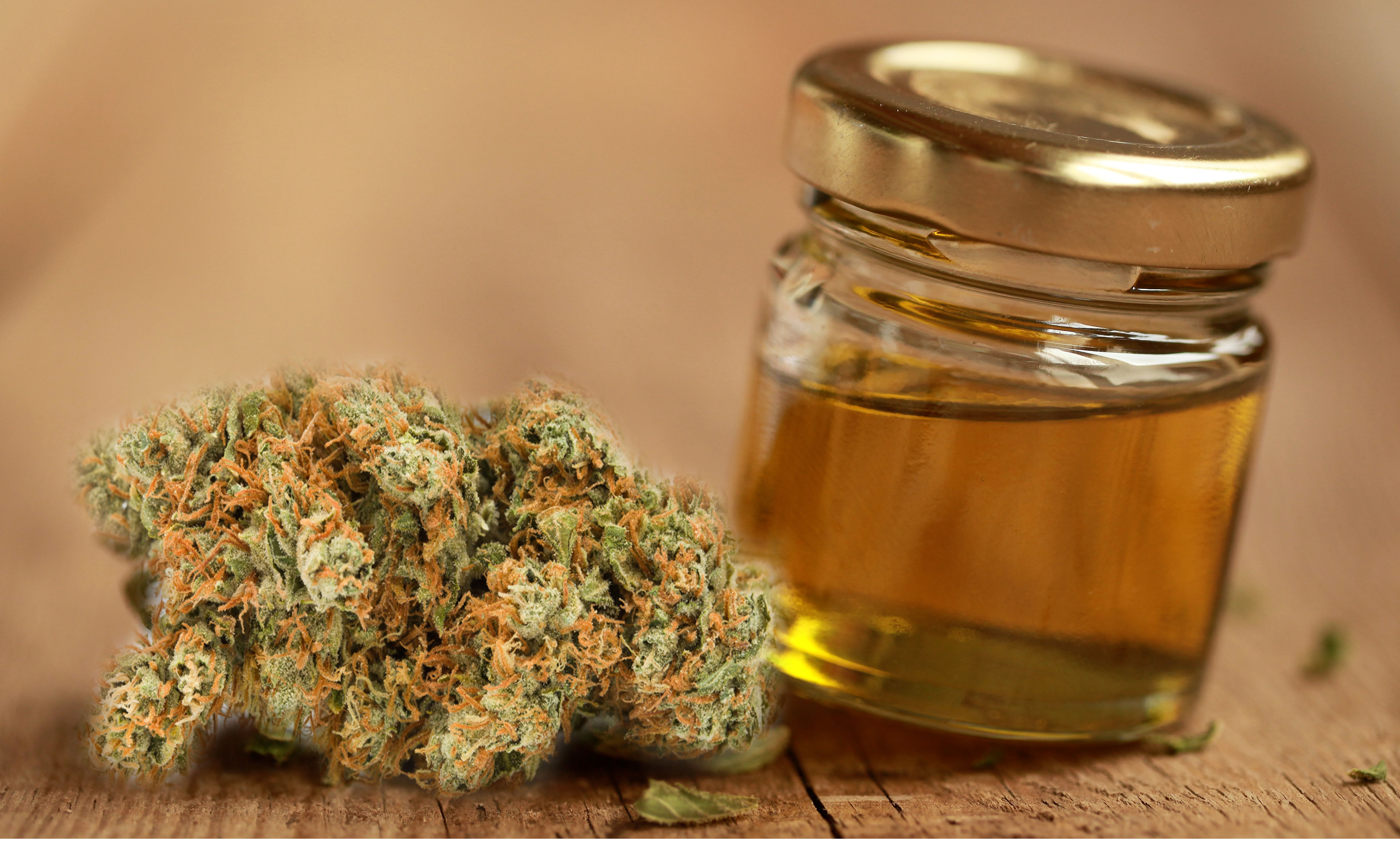"It didn't cure me, however it gave me the opportunity to get the rest I needed to heal, and I was able to function at a much higher level than with the painkillers, which made me get up foggy every day," he said. "With cannabis, I can consume it during the night and more info wake up with a clear head."Marijuana is a particularly efficient treatment for individuals who need assistance with discomfort management, in addition to those with sleep conditions or anxiety; however, "there are numerous conditions that it treats," Rinella stated.
Medical choices should not be made based upon advertising. Consult a doctor on the benefits and threats of particular medical cannabis items.
The results of an online survey, making up 95 participants, included in the Journal of Option and Complementary Medication in 2014. The researchers found that participants preferred indica strains for discomfort management, sedation, and sleep while they would choose sativa pressures to enhance energy and state of mind. Regarding pain management, participants reported a statistically significant effect when using indica for: It is, however, essential to note that this research study had a number of constraints.
Participants did not use the cannabis in a regulated setting, potentially resulting in distinctions in drug composition, dosage, and strength. Another study examined using naturally grown sativa and indica strains in the treatment of several medical conditions. Just over half of the individuals were using cannabis to treat HIV.
The results suggested that indica strains are more likely to improve energy and cravings, while both sativa and indica strains can minimize nausea to a similar degree. Cannabis consists of compounds that might relieve discomfort, nausea, and other signs. The components of marijuana that a lot of research studies focus on for pain relief are cannabidiol (CBD) and tetrahydrocannabinol (THC).

CBDTHC looks like the cannabinoid chemicals that take place naturally in the body. When people consume or inhale THC, it the brain's cannabinoid receptors. This activates the brain's reward system and decreases pain levels. THC is a psychedelic substance as it binds to cannabinoid receptors and produces an elevated state of mind, referred to as a high.